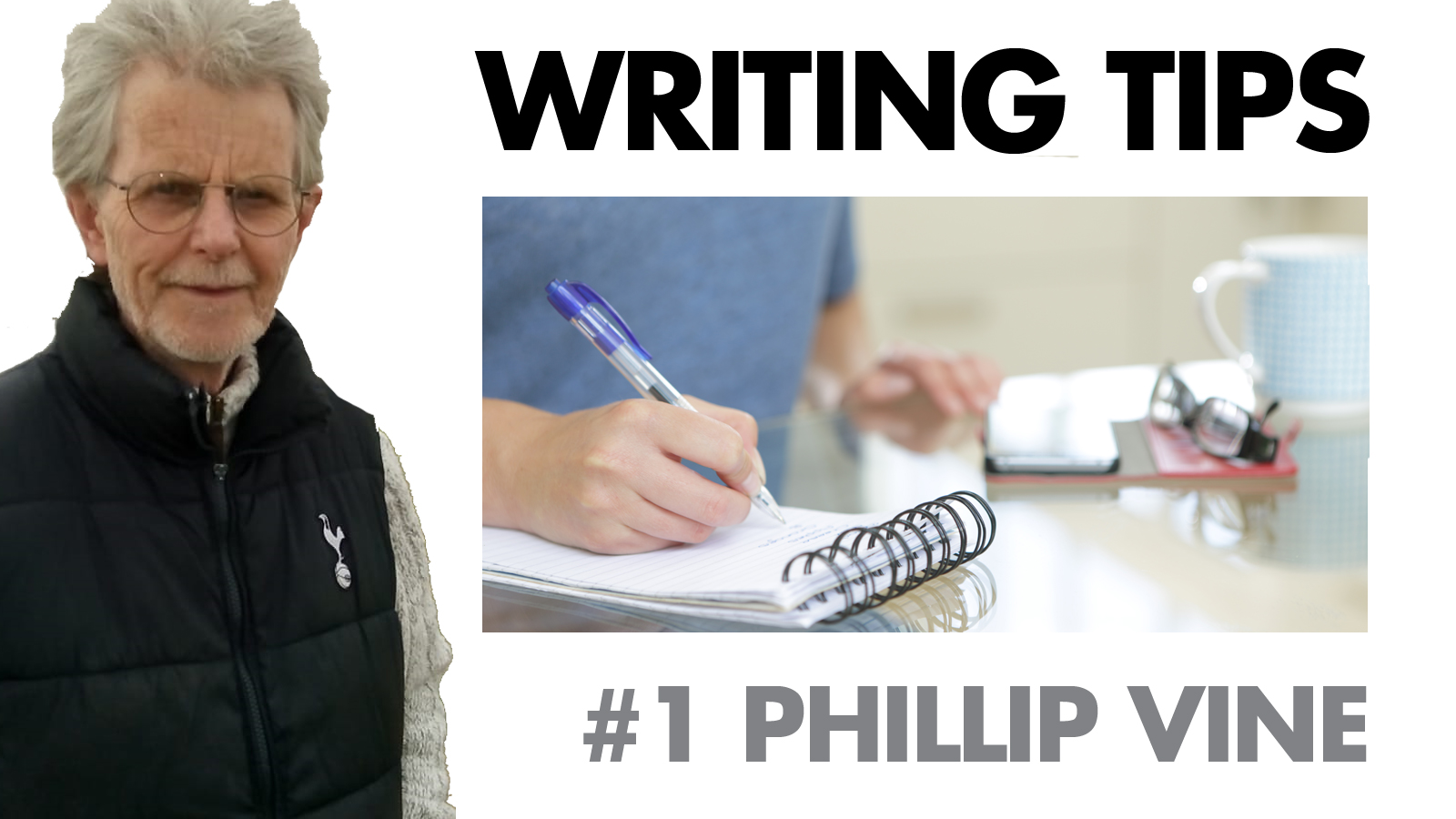
ADVICE FOR WRITERS #1
ADVICE FOR WRITERS #1
We have launched a new series with advice from our authors for all budding writers.
Kicking it off is Phillip Vine, author of Visionary, the story of Michael Knighton's time at Manchester United.
Phillip Vine has ghostwritten a weekly football column in a north of England newspaper, edited the literary magazine Words International, and once worked as secretary of a Football League club.
As a writer of fiction, he has won prizes and commendations for his short stories, most recently in the Olga Sinclair International and the English Heritage Ghost Story Competition. Here's his advice to authors.
"In the end, of course, everyone has to find their own road to salvation or perdition, success or failure, and writers are no exception to the rule.
"Sometimes, though, a word here or there might provide assistance or sustenance along the journey, might even make all the difference.
"Here are some of the signposts along the way that helped me.
"In 1957, John Braine’s novel Room at the Top was published to great acclaim and fame and fortune embraced the author.
"First and foremost, then, it is essential to believe there is room at the top for all writers with talent and dedication.
"Do not sink into the slough of despondence at the thought of agents’ and publishers’ slush piles.
"Do not fall into the trap of thinking negative thoughts, envious thoughts, or thoughts that provide easy excuses for the acceptance of failure.
"Do not despair at rejection slips – all writers receive them and some even collect them as badges of continuing courage, as calls to make more submissions of their work.
"Seventeen years later, Braine’s distillation of writing wisdom, Writing A Novel appeared in bookshops. I have long since lost my copy but I still recall the first two sentences.
"A writer is a person who writes.
"Now it really makes no difference whether you are writing a novel for Orion or a sports book for Pitch, the advice remains the same.
"However busy your life is, you have to make time to write.
"Every day, however hard that might be, and regular times are best, times when family and friends know it is your time to write, even if you can only find thirty minutes, just do it.
"Remember, you are not a writer unless you write.
"Simple but profound.
"Braine’s second sentence was stunning in a different way.
"A writer is someone who counts words.
"These words sustained me for years.
"Everyone, of course, has their own speed at which they work, their own rhythm of writing. Some writers’ words fly from keyboard to laptop screen, others’ bleed like blood from stones.
"Set your own targets.
"I read recently that the novelist, Will Self, writes in units of words he names conrads, named after Joseph Conrad who wrote 800 words every day. For me, one thousand new words is a good marker."


